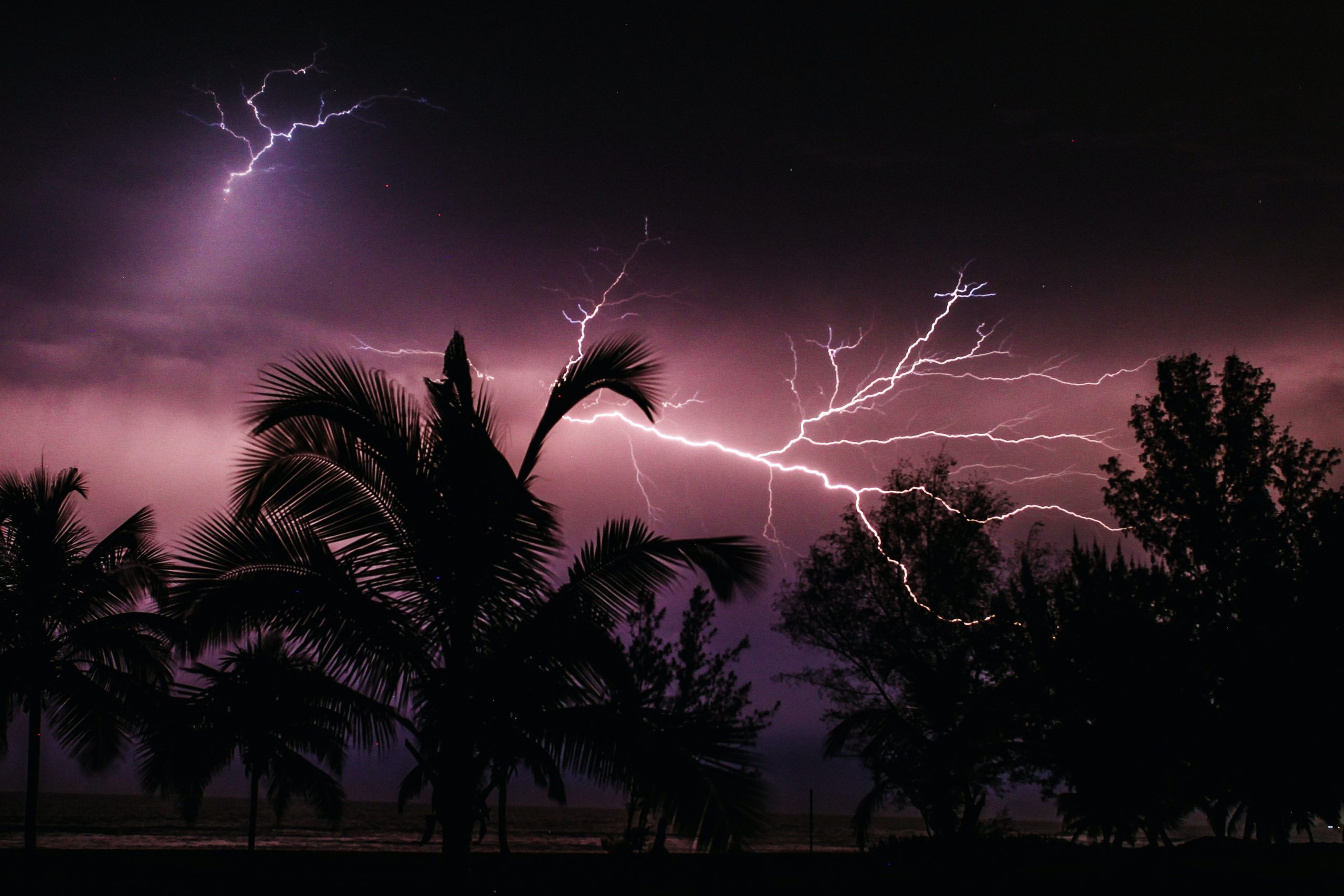Findings from this historical analysis of the drivers of disaster risk in Dominica have contributed to national and regional planning in the areas of disaster recovery and climate resilience.
| UK Funders | Department for Business, Energy and Industrial Strategy (BEIS) via Arts and Humanities Research Council (AHRC), Economic and Social Research Council (ESRC), Natural Environment Research Council (NERC) |
| Fund: | Global Challenges Research Fund (GCRF) |
| UK Investment: | £160,778 |
| Total Investment: | £160,778 |
| Project dates: | Nov 2016 – Feb 2018 |
| Principal investigators: | Overseas Development Institute (ODI) and University of East Anglia (UEA). |
| Co-investigators: | Caribbean Disaster Emergency Management Agency, Centre for Environment, Fisheries and Aquaculture Science (CEFAS), Island Heritage Initiative, Global Water Partnership – Caribbean, Risk Management Solutions Ltd, Secretariat of the Pacific Community, University College London, University of the South Pacific, The University of the West Indies. |
| Countries of focus: | Dominica, Vanuatu, and Small Islands Developing States (SIDS) more broadly. |
Background
In 2017, Hurricane Maria hit the island of Dominica affecting 65,000 people, with 31 dead and 27 missing, and damaging or destroying more than 90% of buildings.
Dominica is a Small Island Developing State (SID) in the Caribbean and is highly exposed to marine and land-based hazards, including hurricanes, floods, landslides, volcanic eruptions, and cyclones. In SIDS, isolation, limited land availability, limited resource base, and environmental hazards intensify their exposure to risk. With our changing climate, the chance of seeing more severe hazards, including category four and five hurricanes, in the future is likely.
However, as with all disasters, the drivers of risk are social, political, and cultural, as well as physical. Exposure to disaster risk is generated in part by decisions, actions, behaviours and policies adopted by individuals and institutions, many of which have deep-seated structural roots.
This GCRF-funded research project tested the hypothesis that disaster risk management is more effective when placed within particular historical and cultural contexts. The project looked at the historical drivers of disaster risk in Dominica to examine how small island developing states can strengthen their resilience to future disastrous events.
“On average, hurricanes cause $835 million worth of damage annually in the Caribbean.”
(ODI Policy Brief 2018)
Underpinning Research
This project took an ‘all hazards’ approach exploring how hazard exposure in Dominica and Vanuatu is shaped by political and economic decisions, cultural and social processes dating back to the colonial era.
The research team undertook a historical analysis, focused on three time periods in the 17th, 19th, and 20th centuries. Data were collected and analysed by a multidisciplinary team of social and physical scientists from a range of primary and secondary sources, including material from historical archives, contemporary literature databases, and Parliamentary papers and records
The research team identified decisions taken around land use, agriculture, land tenure, capital investments, post-disaster aid, and the development priorities of successive colonial governments in the Caribbean. This research found that colonial policy decisions and practices -and the post-colonial legacy of aid dependency- have led to an accumulation of risks in Dominica; and that this, combined with multiple hazardous events, has prevented the necessary restructuring that could ensure long-term resilience.
“Taking an all hazards approach requires building resilience to multiple hazards. It means integrating across infrastructure, housing, economic and social development, and environment sectors, to strengthen resilience.”
(ODI Policy Brief 2018)
Identifying these processes and barriers creates an opportunity to tackle them directly during the extensive recovery that is needed in the wake of Hurricane Maria.
The findings from this research have been shared with high-level stakeholders from Caribbean countries, UK government departments, donors, the insurance industry, and others engaging in climate resilience discussion concerning small island developing states. The lead institution, ODI published a policy brief and convened an high-profile event on ‘Building back better: a resilient Caribbean’.
Towards Impact
POLICY AND PLANNING
- The project’s Principal Investigator presented research findings (’Historical Trajectories of Risk in Dominica’) to senior government officials in Dominica. This opened up a dialogue with the Permanent Secretary of Planning on longer term structural issues that should be addressed in a Climate Resilience and Recovery Plan 2020-2-2030 (CRRP) to guide long-term recovery after Hurricane Maria. The Principal Investigator was appointed Chief Scientific Advisor to the Climate Resilience Execution Agency of Dominica (CREAD) and worked closely with CREAD to write the CRRP. Data and graphs on crop production and exports from the GCRF research product were included in the CRRP. All 5-year strategic plans developed by ministries in Dominica refer to the CRRP targets, and all projects and budgets are now being aligned to achieve these targets.
- The historical, structural issues behind disaster losses across the Caribbean in 2017, including in British Overseas Territories were discussed in a blog, which was referred to during COBRA meetings to discuss the UK response.
- ODI’s policy brief was used by the FCDO (formerly FCO) to develop a disaster management strategy for the UK Overseas Territories.
REGIONAL UPTAKE
- Research findings were picked up by the Caribbean Disaster Emergency Management Agency (CDEMA), which is now promoting analysis of risk drivers across its 18 participating states. The research team is collaborating with CDEMA in a longer-term endeavour to bring historical perspectives and knowledge of risk drivers to disaster risk discourse and policy.
- Antigua and Barbuda has requested support from ODI in formalising a consultation and education process to help implement the National Adaptation Plan.
NETWORKS AND PARTNERSHIPS
- Discussions between NERC and the Commonwealth Secretariat, informed by this research, led to the development of the GCRF Caribbean Resilience and Recovery Knowledge Network. The CRRKN ran a Forensic Analysis of Disaster Recovery workshop at the 11th Comprehensive Disaster Management (CDM) Conference in Sint Maarten, which was livestreamed and viewed by over 1,000 people.
